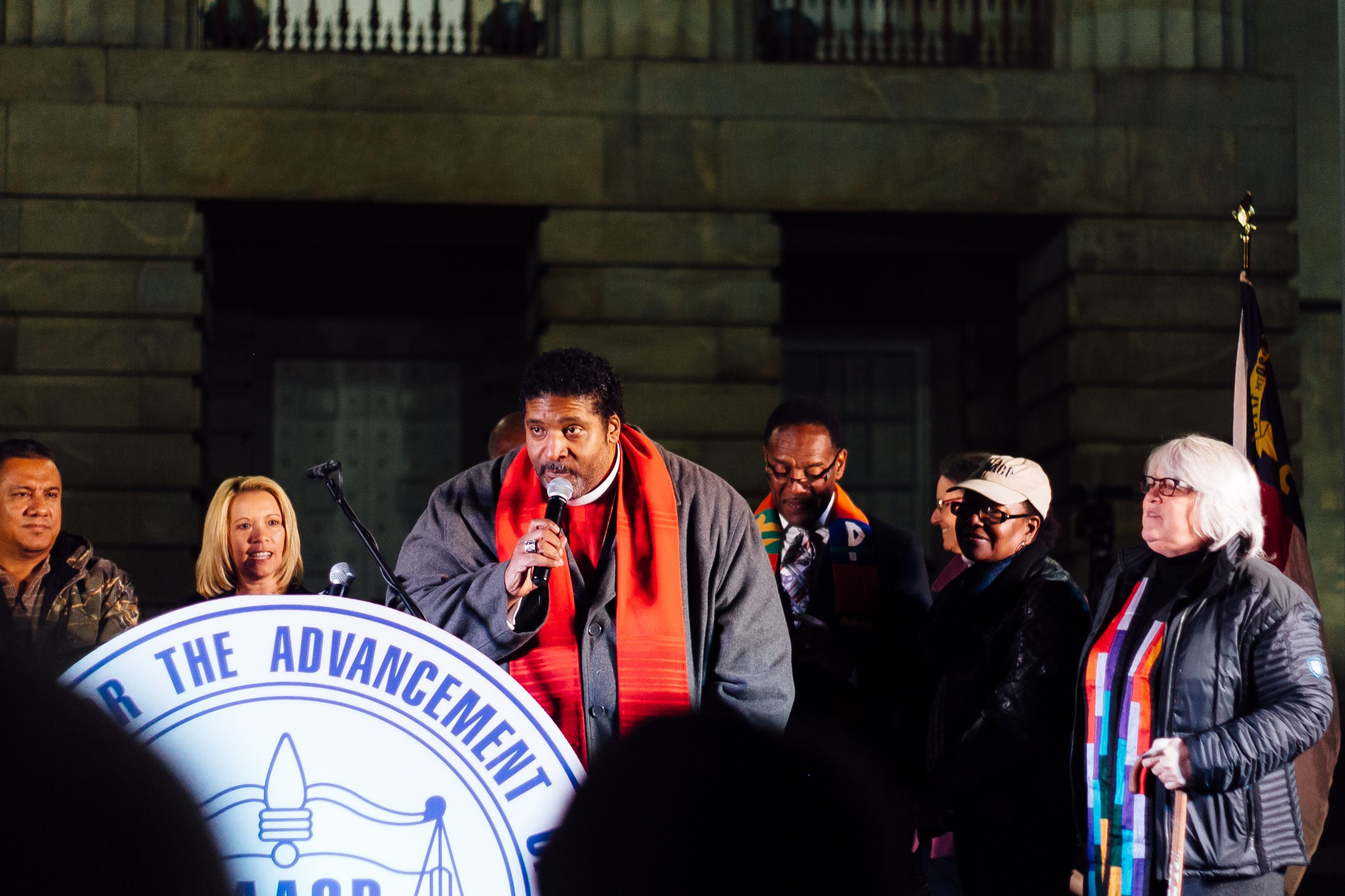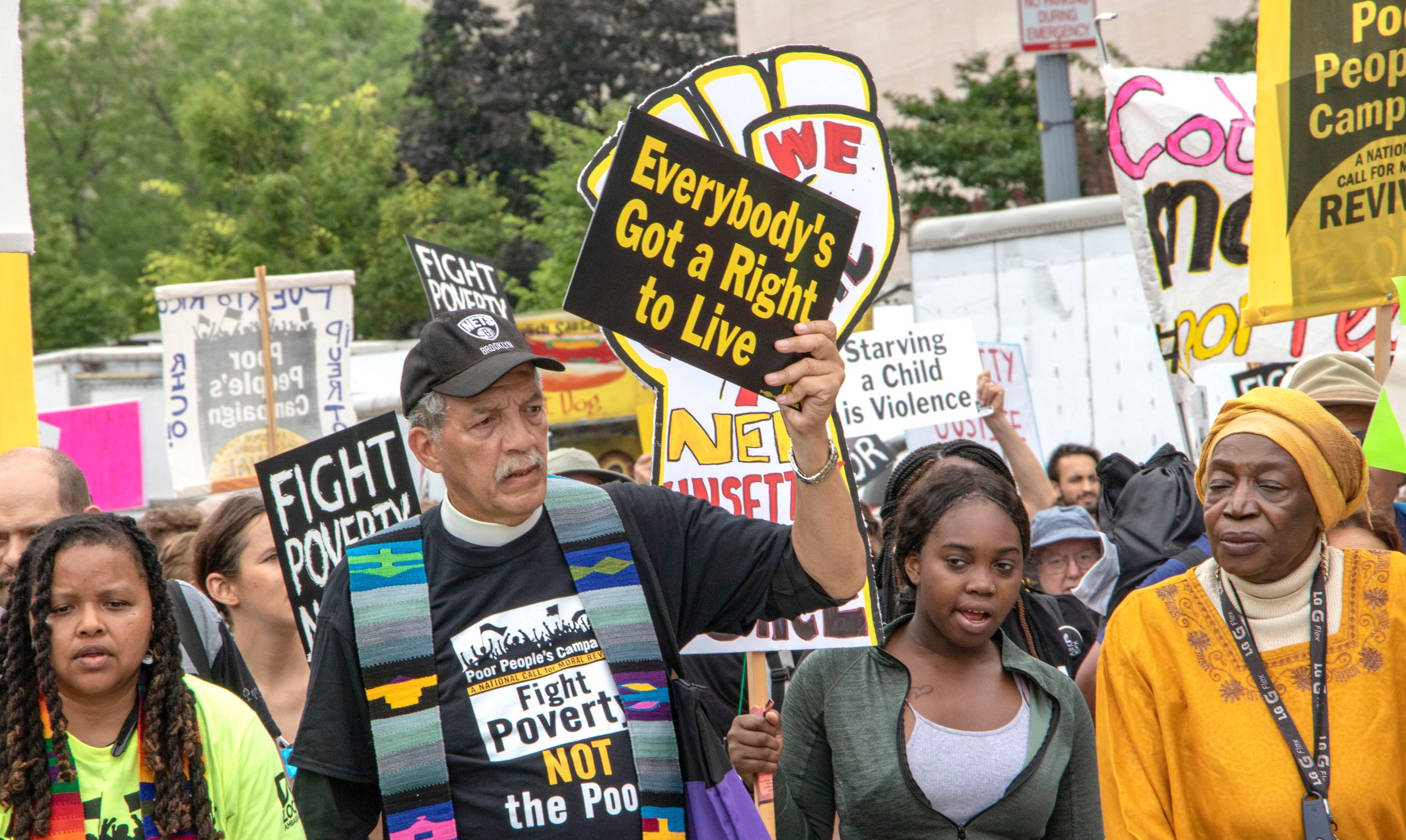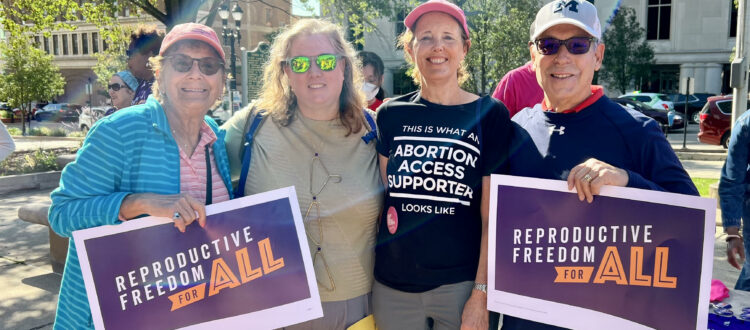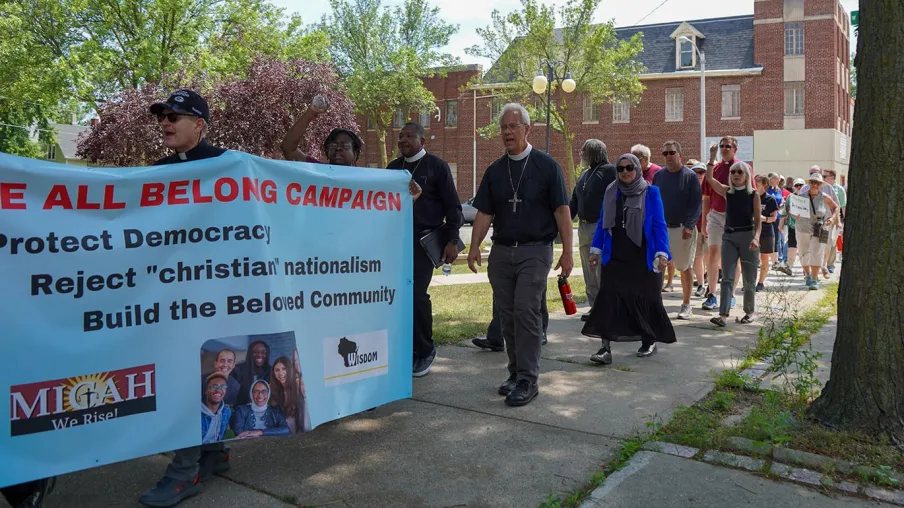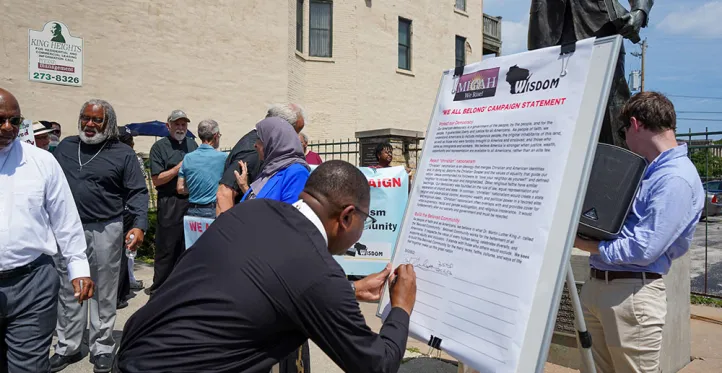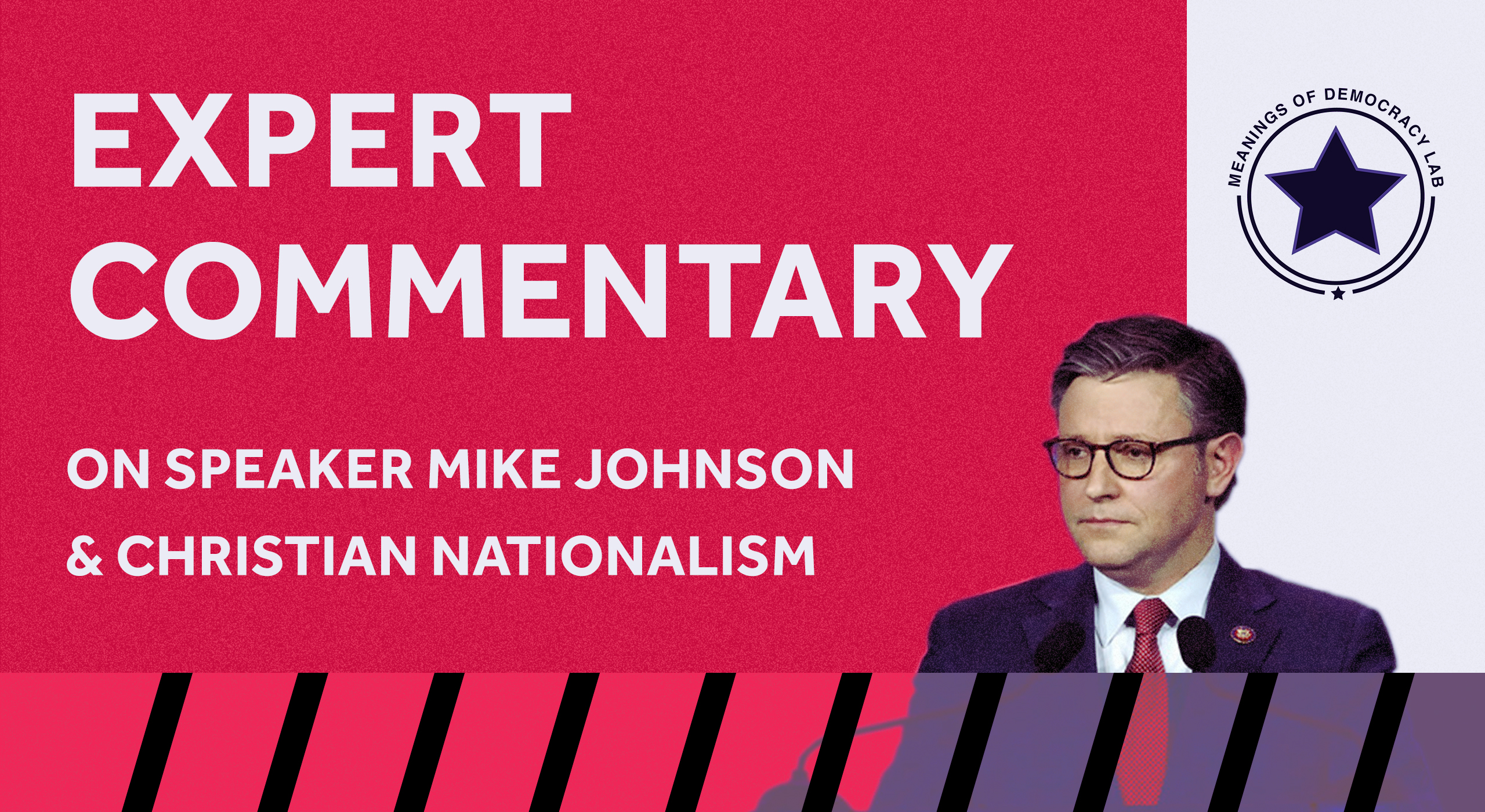
Vote Common Good was founded by Doug Pagitt, a liberal evangelical Christian pastor, author, and religious activist. Pagitt and his organization are outspoken in their efforts to combat legislation that seeks to fundamentally change the landscape of our country and Christianity. They work to boost support among evangelical Christians for liberal policies and encourage the bloc to excercise their faith without the pressure of adhering to party lines: “For many of these voters, their primary commitment is not to switch parties; it is to be faithful to their beliefs and convictions and make the common good their voting criteria.” The effort started in 2018 following a turn in American politics towards Christian Nationalism, spearheaded by a conglomerate of religious organizations influencing policy and emboldened by Donald Trump. Vote Common Good became an avenue for evangelical voters who were disillusioned by Donald Trump’s leadership and the manipulation of Christianity in the 2020 election and following January 6th.
One of Vote Common Good’s most notable campaigns against Christian Nationalism is their billboard campaign, “HisWordsMatter”. They feature the words of Jesus compared with direct quotes from Donald Trump. Additionally, their “March on Christian Nationalism” Campaign, which took place in March 2023, centered advocacy against Christian Nationalism by joining an International conference being held at Oxford, mobilizing voter turnout in swing states like Arizona and across the country, and launching their podcast series centered around Christian Nationalism. Many of the leading voices on Christian Nationalism are featured in their videos and podcasts, such as Andrew Whitehead, Kristin Du Mez, and Rev. Dr. Stephany Spaulding and it has been very successful.
-
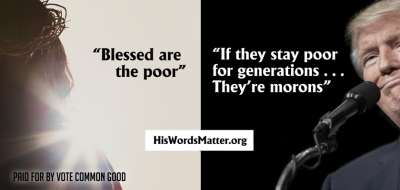
His Words Matter Campaign, Vote Common Good
A transformation in religious and political ideology has taken hold across the nation, Vote Common Good’s impact is visible and their work is grounded in a commitment to democracy and community: “We are dedicated to flipping the script [on]. . . the way we do politics in America. Flipping the script means changing the narrative with under-girded white Evangelical and Catholic reflective support for Republicans who have put other priorities over the common good for a variety of reasons.”
Lorien Touponse is a Senior, English Major, Women Gender and Sexuality Studies Minor. She has a passion for political activism and believes strongly in the separation of Church and State. In her free time she works for the Undergraduate Student Government at UConn as their Director of Student Services and runs initiatives relating to Mental Health, Sexual Health and Food Insecurity on campus. She hopes to become a lawyer to advocate for underserved communities and women’s rights.
For more information about the organizations and individuals resisting Christian Nationalism in the United States today, check out our Pluralist Resistance to Christian Nationalism project page.
